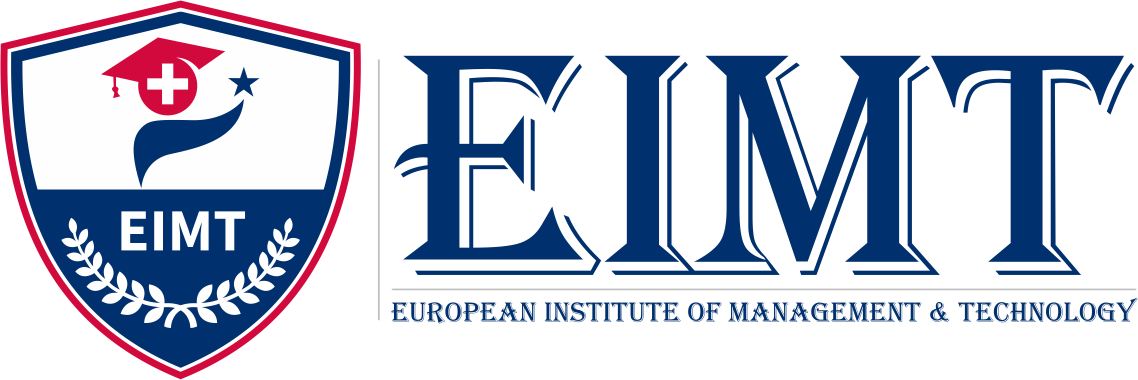
Bachelor Of Arts In Psychology
- Home
- Bachelor Of Arts In Psychology
Program Overview
-
36 Months online Program.
-
Specially Designed for Working Professionals.
-
International Networking Opportunities.
-
Highly Qualified Industry Experienced Faculties.
-
Act more decisively and lead more persuasively.
-
Provide practical orientation to management theory.
-
Strengthen your psychology factors and leadership skills.
Achieve Your Dream
Bachelor of Arts in Psychology
A degree in psychology provides a broad skill base, which opens the door to a wide range of career opportunities. These include, but are not limited to, the ability to understand and evaluate other perspectives, the ability to communicate complex ideas, and the ability to analyze data for intelligent decision making. This online Bachelor of Arts (BA) in Psychology helps students understand the human experience through qualitative and quantitative research methods. Students study cognitive psychology, personality theory, abnormal psychology, the biological basis of behavior, child and adolescent development, race and ethnicity, and prepare for future careers. This program prepares you for legal, business, human resources, advertising, or sales jobs. Graduates with a degree in psychology prepare for further study in psychology and related fields. Additionally, they may hold positions in the social welfare or mental health field. Students must earn 180 credits to complete this program. EIMT’s 100% Online BA Psychology degree gives you scientific and theoretical insight into human behavior. Our non-clinical, practice-based program explores the human mind through case studies, data analysis, and theoretical underpinnings. Popular psychology programs with an emphasis on the science, research methodologies, and data behind human behavior work collaboratively with others to drive positive change in diverse, multidisciplinary environments. Equipped with scientific research, data analysis, critical thinking, and professional communication skills, you can apply your degree to a variety of non-clinical roles in areas such as human resources, market research, and management. A Bachelor of Arts in Psychology is the perfect starting point for graduate study in psychology or a career in any field that requires a deep understanding of human behavior. Explores the fundamentals of mental health, a serious and ever-emerging social issue, with a Bachelor's Degree in Psychology from the EIMT. EIMT's BA Psychology degree examines the inner workings of the mind and human behavior by providing a solid foundation in developmental, organizational and abnormal psychology. Complex topics such as personality, learning, cognition and perception are explored. Course options such as Child Development, Psychology of Disaster, and Psychology of Addiction offer additional areas of focus.


